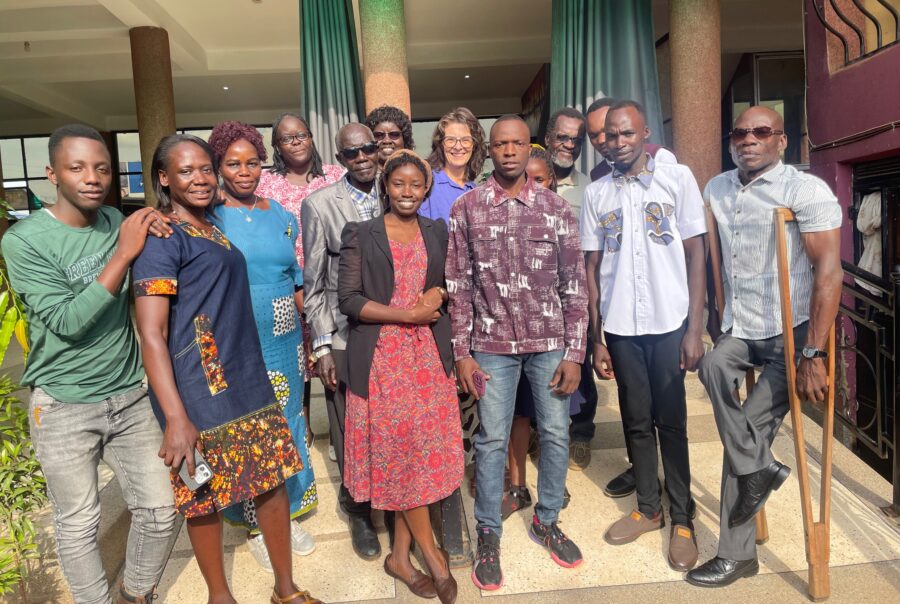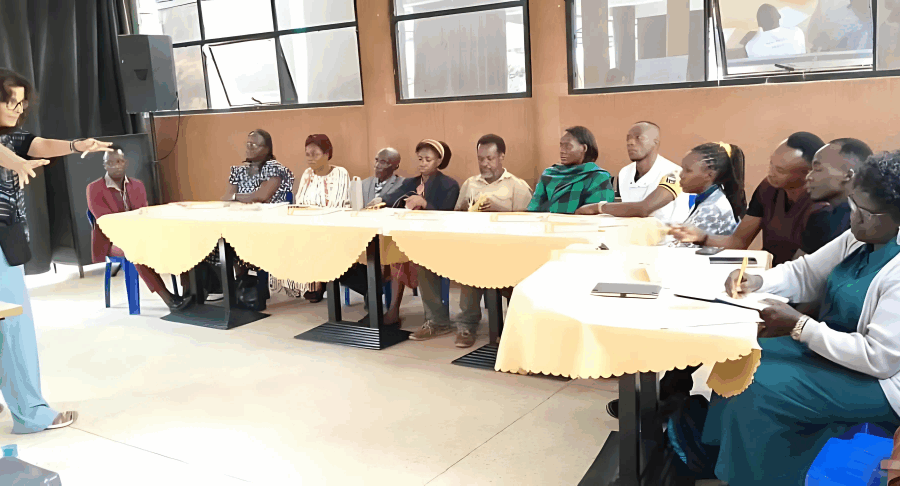Reflection and deepening in Mukono
More than a year after their intensive five-day leadership training, twelve CSO leaders met again — this time for a two-day follow-up session in Uganda. Its purpose? In short: to reflect, refresh, and deepen. Whereas a Libre Foundation colleague led the earlier training, this time the honor was mine. All the important themes, such as leadership, communication, collaboration, conflict management, and strategic thinking, from earlier sessions were revisited.
Training based on needs
During the follow-up, it was the participants themselves who determined the focus. After more than a year of applying what they had previously learned, they knew better than anyone where there was room for improvement — or where uncertainty remained. This resulted in a dynamic and effective program, tailored to their daily practice.

